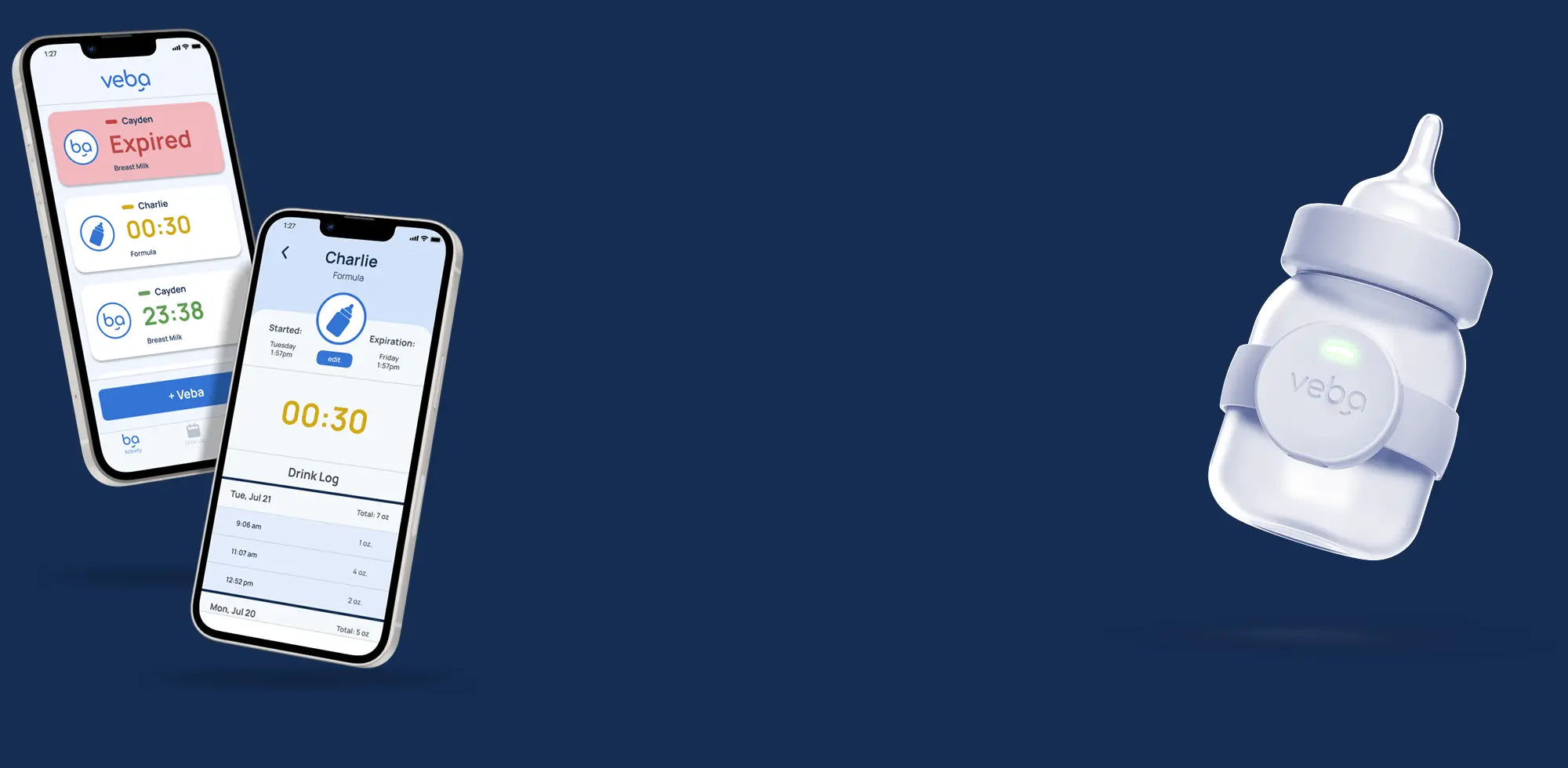In this issue of The Drip, Nicole Morales, a certified Pediatric Sleep Specialist, Newborn Care Specialist, Postpartum Doula, and owner of Dreamland Sleep Solutions LLC, is sharing her knowledge on infant sleep patterns, regressions, tips for a restful night’s sleep, and a whole lot more. To connect with Nicole, visit her Instagram handle @dreamlandsleepsolutions.
Q: As a pediatric sleep expert, newborn care specialist and postpartum doula, you manage many challenging roles — what’s the most rewarding part of your job?
A: The most rewarding aspect of my job would likely be the positive impact that I have on families by helping them navigate pediatric sleep issues. For example, I find fulfillment in witnessing the transformation of sleep-deprived parents and their children into well-rested and thriving families. This transformation can be exemplified through heartwarming testimonials and success stories from parents who have benefited from my expertise!

Q: What would you say is the most important factor in helping newborns get a restful night’s sleep?
A: I always emphasize that establishing a consistent sleep routine and creating a conducive sleep environment are crucial for promoting healthy sleep patterns for newborns and helping them associate nighttime with sleeping, relaxation, and comfort. For some parents, a nighttime routine may start with a warm, soothing bath, followed by storytime or another quiet, calming activity. Parents might continue with a gentle massage followed by a feeding which can offer comfort and nourishment to the baby before sleep. However, it's important to ensure that the baby is not falling asleep while feeding, as this can lead to potential health issues. Before bed, parents should make adjustments to the sleep environment so that it is cool, quiet, and dark to help signal to the baby that it's time for sleep.
Q: What are some essential pieces of information that every parent should know about their babies’ sleep patterns?
A: I often stress the significance of understanding sleep cycles (distinct stages of non-rapid eye movement (NREM) sleep and rapid eye movement (REM) sleep) and recognizing sleep cues such as rubbing the eyes, yawning, becoming less active, and displaying fussiness or irritability. Having a solid understanding of these topics allows parents to play a proactive role in promoting healthy sleep habits for their newborns.
Q: Do you have any advice for parents dealing with sleep regressions?
A: I like to offer practical strategies such as maintaining consistency, providing additional comfort, and seeking professional guidance when needed. It can also be really helpful for parents to monitor their baby's progress. I often emphasize that gradual improvements may occur over time, and that consistent efforts in maintaining healthy sleep practices can contribute to the baby's return to more regular sleep patterns. I also stress the significance of parental self-care during challenging periods like sleep regressions by encouraging parents to make their own rest and well-being a priority by seeking support from family members or caregivers to alleviate the impact of disrupted sleep.

Q: What aspect of the postpartum period do you think most people misunderstand?
A: One aspect is the depth and complexity of the physical, emotional, and practical adjustments that new parents experience. The postpartum period is a significant transition into parenthood rather than solely a recovery period from childbirth. This period can have a profound impact on relationships, including the dynamic between partners, family members, and of course, the newborn. Not to mention, societal expectations and pressures on new parents to “bounce back” to pre-pregnancy routines and appearances often overlook the profound adjustments and healing needed during the postpartum period. Working with a professional postpartum doula, lactation consultant, mental health professional, and/or joining support groups are all great ways for parents to get the holistic support they need during this time.
Q: Do you have any tips for working parents struggling to balance busy schedules with the needs of a newborn?
A: When I work with parents, I provide practical advice on time management, self-care, and ways to seek support. A few of my favorite tips are delegating tasks whenever possible, setting boundaries, and learning to say no when necessary. Another big one is practicing stress management techniques such as mindfulness, deep breathing, or physical exercise to maintain motivation and well-being while navigating a busy schedule. It is essential for parents to make self-care a priority by getting rest whenever they can (even if it’s just a short nap!), making healthy lifestyle choices, and not hesitating to seek support from family, friends, support groups, and professionals as needed.
Q: What would you say are correlations between baby's feeding habits and their sleep patterns?
A: I often emphasize the interplay between feeding and sleeping patterns, highlighting the importance of feeding schedules, feeding before sleep, and recognizing hunger cues such as rooting, sucking on hands, or increased alertness. Encouraging responsive feeding practices, such as feeding on demand and paying attention to hunger and fullness cues, supports the establishment of a healthy feeding and sleeping relationship. In the newborn stage, it is also important to wake the baby for feedings if they don't wake on their own, especially in the early weeks. As the baby grows, establishing feeding routines and ensuring they receive the right amount of food and calories during their wake windows becomes essential for promoting longer stretches of sleep during the night. This balance helps regulate the baby's sleep-wake cycle and promotes more consolidated periods of sleep.

Q: Your website is filled with glowing reviews from satisfied parents, what would you say you do differently from other professionals in your industry?
A: My unique approach involves personalized solutions, a holistic understanding of pediatric sleep and postpartum care, and often hands-on support. This integrated approach to care involves holistically supporting families to thrive in a way that validates instincts and nurtures the attachment relationship. I work closely with parents to understand their unique child and provide gentle, effective solutions tailored to their specific circumstances. I am dedicated to providing practical, evidence-based sleep advice and addressing the root causes of sleep challenges. In all of the work I do, I aim to empower families to navigate the challenges of early parenthood with confidence and compassion.
Nicole Morales is a Family Sleep Institute Pediatric Sleep Specialist, ProDoula Postpartum & Infant Care Doula, and Newborn Care Training Academy Newborn/Infant Care Specialist. As the dedicated owner of Dreamland Sleep Solutions, Nicole offers virtual worldwide consultations and in-home services near Orlando, Florida.
Nicole uses the latest research and gentle, effective techniques to recognize a child's unique personality and individual needs, helping parents craft a customized sleep plan tailored to their lifestyle and preferences. Her valuable work empowers families with the knowledge and tools they need to confidently tackle sleep challenges and establish healthy sleep habits for their children.
The Drip is an in-depth Q&A series featuring our partners, industry experts and parenting influencers — created to give today’s you the insights, support and words of wisdom you need to be the best parents ever.




